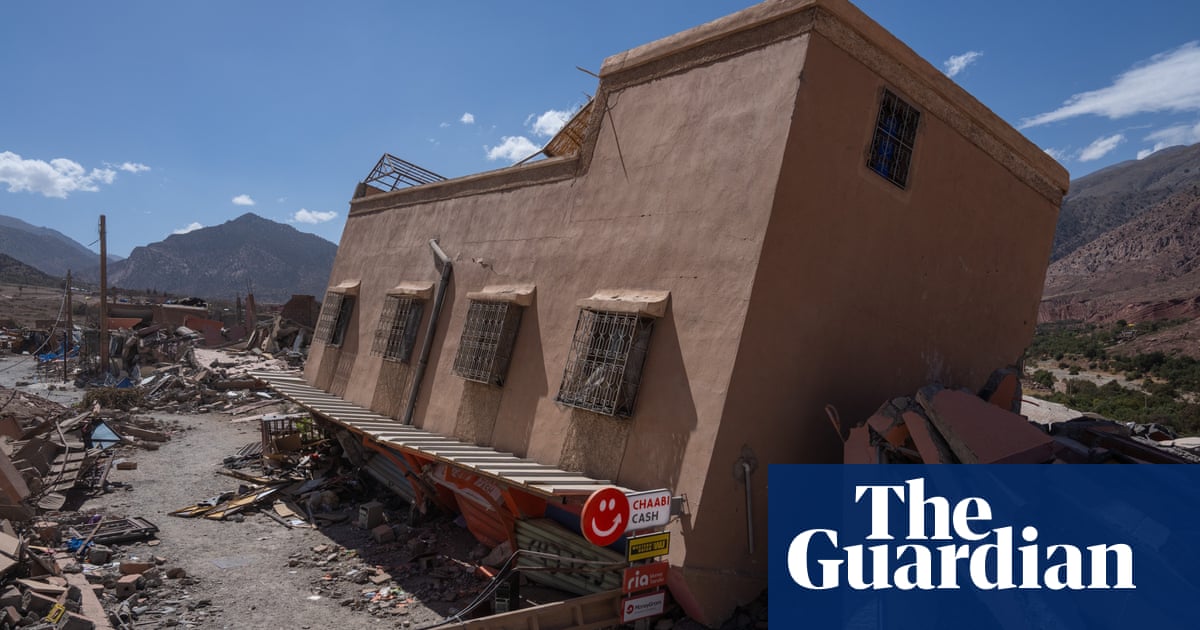
Campaigners have criticised the UK government for granting a visa to a religious leader who has advocated for female genital mutilation (FGM).
Mufaddal Saifuddin who is the syedna, or leader, of the Dawoodi Bohra community, a sect of Shia Islam with 1.2 million followers worldwide, will give sermons in front of tens of thousands of people at Northolt mosque in London between 29 July and 7 August.
A group of anti-FGM activists and survivor-led organisations has written to Liz Truss and Priti Patel, as well as Andy Burnham, mayor of Manchester, and Sadiq Khan, mayor of London, calling on the UK government to revoke Saifuddin’s visa unless he publicly denounces FGM.
Saifuddin, who has publicly stated his support for FGM, was granted a visa despite UK immigration policy prohibiting supporters of the practice from visiting the UK. It is an offence in England and Wales for any person to perform FGM, punishable by up to 14 years in prison and/or a fine.
Saka Hakasi, former president of the Dawoodi Bohra Welfare Society, which has been excommunicated from the Dawoodi Bohra community and has approximately 800 members in the UK, said: “Given he supports FGM, I don’t understand how he can be given a visa to visit the UK, because it puts girls at risk. We are flabbergasted.”
The Home Office said it did not routinely comment on individual cases.
Four million girls and young women a year are believed to be at risk of being cut around the world and an estimated 200 million have already been mutilated, in a practice that causes lifelong health complications and often leads to the death of victims.
In 2015, Saifuddin’s office issued letters to his followers in countries where FGM is illegal, including the UK, informing members not to perform the practice. However, in a public sermon a year later, he stated: “It must be done.” Supporters of Saifuddin claimed his remarks had been misinterpreted.
In an open letter in 2016, an anti-FGM organisation within the Bohra community criticised his comments, noting that: “His declaration that Bohras must continue the act [of FGM], irrespective of opposition from various quarters, indicates that Bohra authorities were not being sincere” when they publicly urged congregations to stop the practice.
A UK-registered charity, for which Saifuddin is the corporate trustee, spent more than £800,000 on “costs incurred in defending four members of the Dawoodi Bohra Jamaat [congregation] in Sydney in connection with female genital mutilation”. In a landmark case in Australia, a Dawoodi Bohra imam, a former midwife and the victims’ mother were found guilty of mutilating two girls.
Masooma Ranalvi, who is part of the Dawoodi Bohra community in India, a survivor of FGM, and founder of WeSpeakOut, a survivor-led organisation, said: “It’s important for the UK government to take note of the fact that this is a man who is openly perpetuating and propagating a practice which is illegal in the UK. [His visit] will lead to a resurgence in [FGM].”
Advertisement
WeSpeakOut is planning a protest outside the mosque in north-west London on Friday 5 August.
Prince Charles has met the sect’s leader twice: in September they met at his Scottish estate, Dumfries House; the prince also met Saifuddin on a visit to Northolt mosque in 2009. Khan met Saifuddin on a previous visit.
“Prince Charles and Sadiq Khan are legitimising him. This is true of any person who publicly lauds him,” said Ranalvi. “It’s a clear statement of support for each other.”
She added: “Politicians and the crown should take a stand on it. That’s the only way we can condemn such practices.”
A spokesperson said Khan had no plans to meet Saifuddin. They said the mayor was “very clear that the despicable practice of FGM has absolutely no place in our city”.
Clarence House said there were no plans for Charles to meet Saifuddin on this visit.
FGM is inflicted on girls from the Bohra community usually between the ages of six and nine years old. It usually takes the form of Type 1 FGM (partial or total removal of the clitoral glans and/or the clitoral hood) or Type 4 FGM (pricking, piercing, incising, scraping and cauterising the female genitals), as classified by the World Health Organization.
According to one survey, about 75% of girls in the Dawoodi Bohra community in India have undergone FGM, according to Ranalvi, who said she had anecdotal evidence that the practice continues in the UK, despite being illegal. Saifuddin’s visit coincides with the school summer holidays, when many British girls are sent abroad to be cut.
Many members of the Bohra community have called for an end to FGM as a form of child abuse and human rights violation that can cause lifelong physical and psychological trauma.
Representatives of the Dawoodi Bohra organisation were approached for comment but had not responded by the time of publication.












